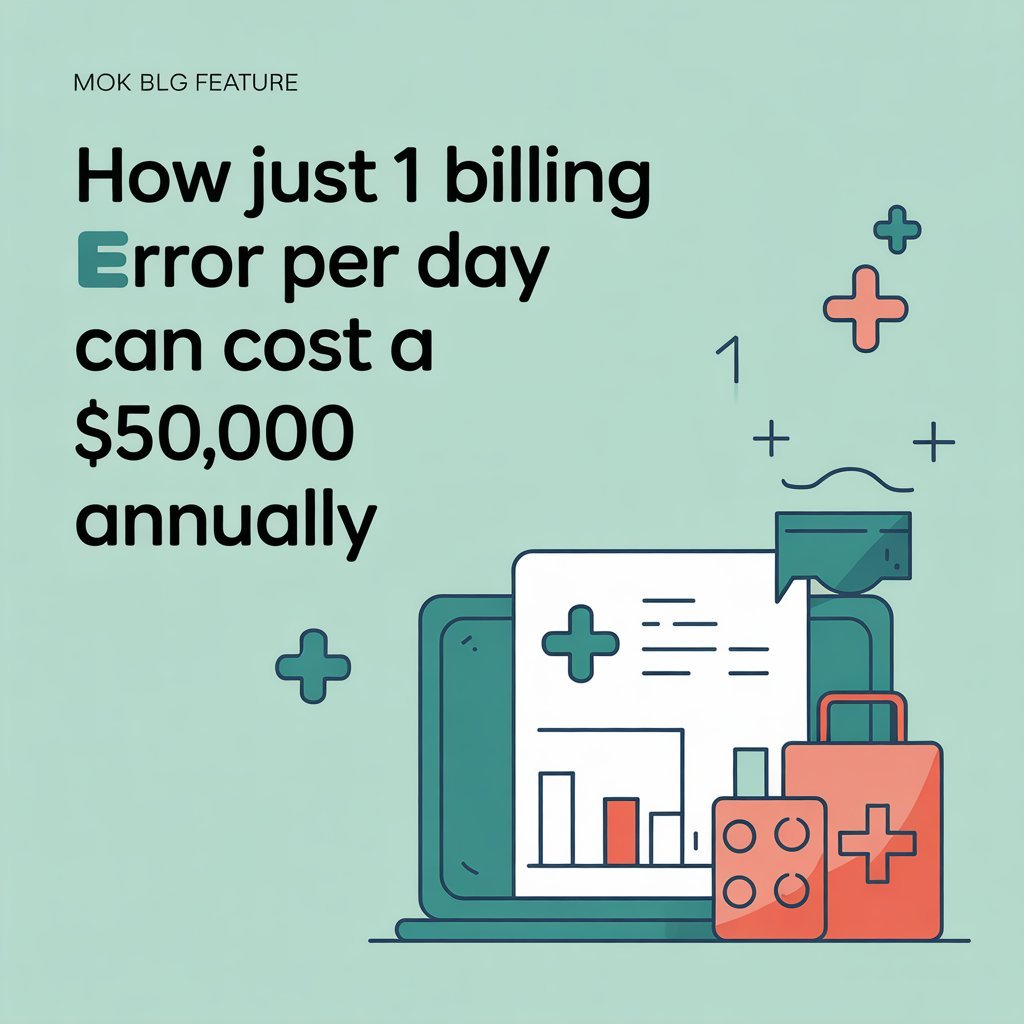Email Address
info@revenuecaremd.com
Phone Number
+1 (737) 282-8373
Our Location
Austin, TX 78731, USA
info@revenuecaremd.com
+1 (737) 282-8373
Austin, TX 78731, USA
August 23, 2025

If you’ve ever felt like your insurance reimbursements are taking forever, you’re not imagining it. Delays aren’t just accidents — they’re part of the system. Insurance companies have mastered the art of holding onto your money, and the shocking truth is that these tactics cost practices millions of dollars every year.
On paper, payers are supposed to process claims quickly. But in reality, they use a variety of tactics to slow down payments and improve their own cash flow at the expense of medical practices.
Here’s how it happens:
Payment Reprocessing → Even after approval, they push payments back into review.
These delays are not harmless. They directly hurt your practice in multiple ways:
If your practice bills $200,000/month, a single month of delayed payments means $200,000 sitting in the insurance company’s bank account instead of yours.
One of our partner clinics had over $500,000 stuck in pending claims with a major insurance provider. The claims were perfectly valid, but “documentation requests” and “technical reviews” kept pushing them back.
With a proper denial management and follow-up system, we helped recover 90% of that money in under 3 months.
You don’t have to accept slow payments as “normal.” Here’s what works:
Insurance companies use tactics like unnecessary documentation requests, technical denials, and claim “reprocessing” to hold onto money longer and improve their own cash flow.
Most states in the U.S. have prompt pay laws requiring payment within 30–45 days. However, payers often exploit loopholes to extend this timeline.
Delays disrupt cash flow, increase administrative costs, and in some cases lead to permanent revenue loss if claims are denied or written off.
Yes. By monitoring claims daily, appealing denials quickly, and leveraging RCM experts like Revenue Care MD, even small clinics can recover payments faster.
Red flags include rising accounts receivable (A/R) days, frequent documentation requests, unexplained claim denials, and staff spending excessive time on follow-ups.
Practice management software and RCM platforms track claims in real-time, flag denials, and automate follow-ups—helping providers get paid faster.
Revenue Care MD specializes in denial management, aggressive follow-ups, and compliance-based claim handling—ensuring your reimbursements arrive faster and more reliably.
The truth is simple but uncomfortable: insurance companies benefit when your payments are delayed. The longer they hold onto your money, the more interest they earn.
But your practice doesn’t have to be stuck in this cycle.

Healthcare Revenue Cycle Expert at Revenue Care MD. Passionate about helping medical practices maximize revenue and reduce billing errors.




Have any questions? We’re here to help you with the right answers.